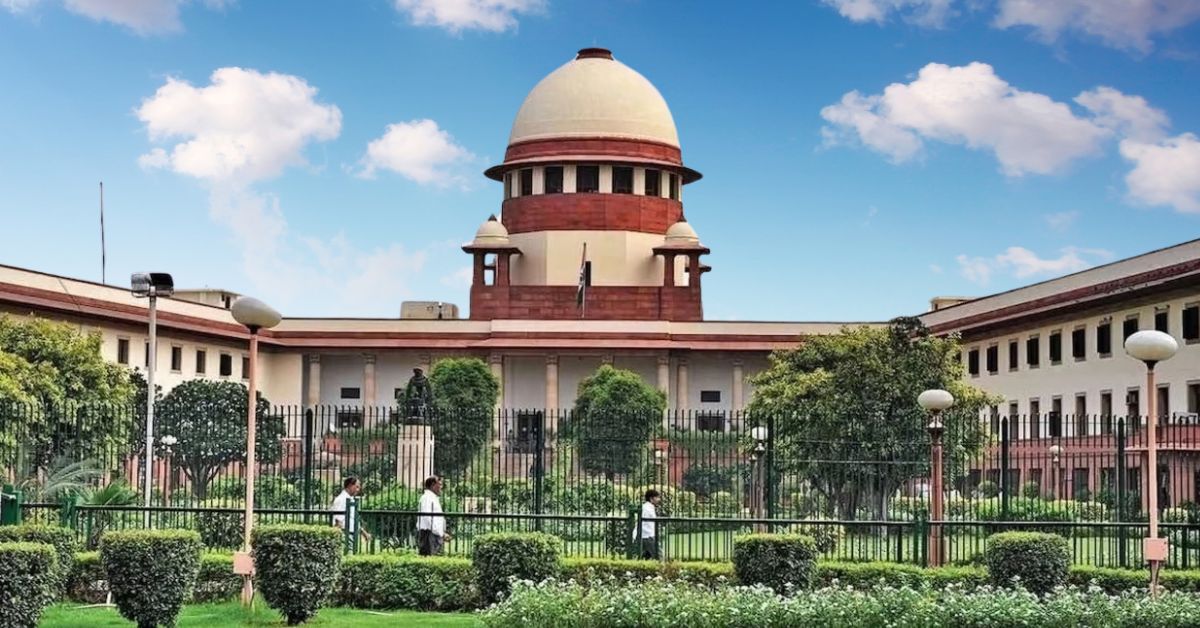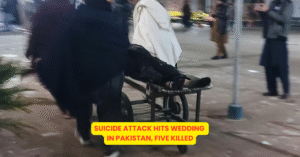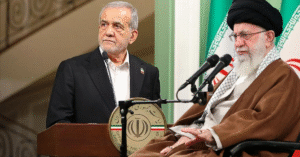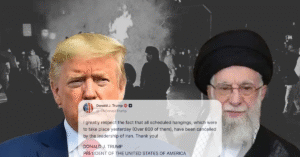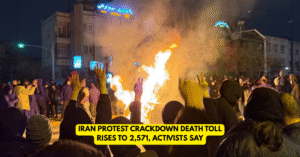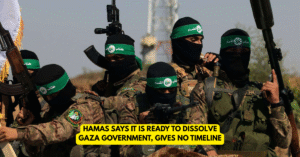New Delhi: The Supreme Court of India is scheduled to hear a series of Public Interest Litigations (PILs) on December 12, questioning the constitutional validity of the Places of Worship (Special Provisions) Act, 1991. The Act, designed to preserve the religious character of places of worship as they existed on August 15, 1947, has come under scrutiny from various petitioners citing concerns about its impact on fundamental rights.
About the Places of Worship Act
Enacted in 1991, the Places of Worship Act prohibits the conversion of any place of worship and safeguards their religious character as of the Independence Day cut-off date. However, the Act excludes the Ram Janmabhoomi-Babri Masjid dispute, which was already under judicial consideration at the time of its enactment.
The legislation aims to maintain communal harmony and prevent disputes over religious sites. Critics, however, argue that the law denies certain communities the opportunity to address alleged historical wrongs concerning religious structures.
Key Issues Raised in the PILs
The petitioners have challenged the Act on several grounds, alleging it infringes upon:
- Article 25: The right to freely profess, practice, and propagate religion.
- Article 26: The freedom to manage religious affairs.
- Article 29: The protection of cultural and religious rights of minorities.
The PILs argue that the Act imposes an undue obligation to maintain the status quo, even in cases where communities seek legal redress for grievances regarding the occupation or conversion of their places of worship before the 1947 cut-off.
Arguments Surrounding the Act
Support for the Act:
- Proponents assert the legislation is essential to preserving India’s secular framework and ensuring communal harmony.
- They argue it deters communal disputes by legally maintaining the historical status of religious sites.
Criticism of the Act:
- Opponents claim it violates fundamental religious freedoms and curtails legal recourse to address historical injustices.
- The Act’s exclusion of the Ram Janmabhoomi-Babri Masjid dispute has been cited as an inconsistency in its application.
Supreme Court’s Position So Far
In earlier proceedings, the Supreme Court recognized the sensitivity of the issue and agreed to review the Act’s provisions. The Court emphasized the importance of balancing constitutional rights with the necessity of maintaining communal peace.
Government’s Response
The central government has yet to submit a detailed response outlining its position on the Act. However, officials have previously hinted at a willingness to re-evaluate the law in light of evolving socio-political contexts.
Significance of the Hearing
The outcome of the December 12 hearing could have profound implications for India’s socio-religious dynamics. Upholding the Act would reaffirm the legislative status quo, while striking it down could potentially lead to fresh disputes over contested religious sites.
Conclusion
The Supreme Court’s decision will be closely watched, as it addresses a pivotal intersection of constitutional law, religious freedom, and communal harmony.
Stay informed with Citizen News Daily for comprehensive coverage of this significant legal development.
